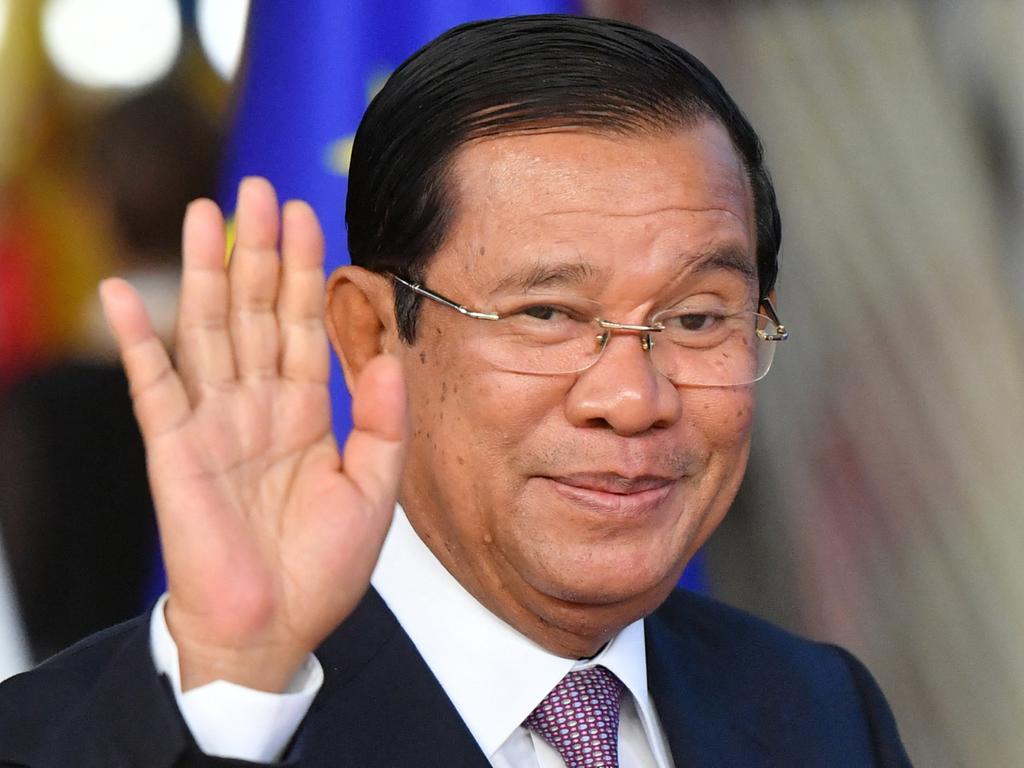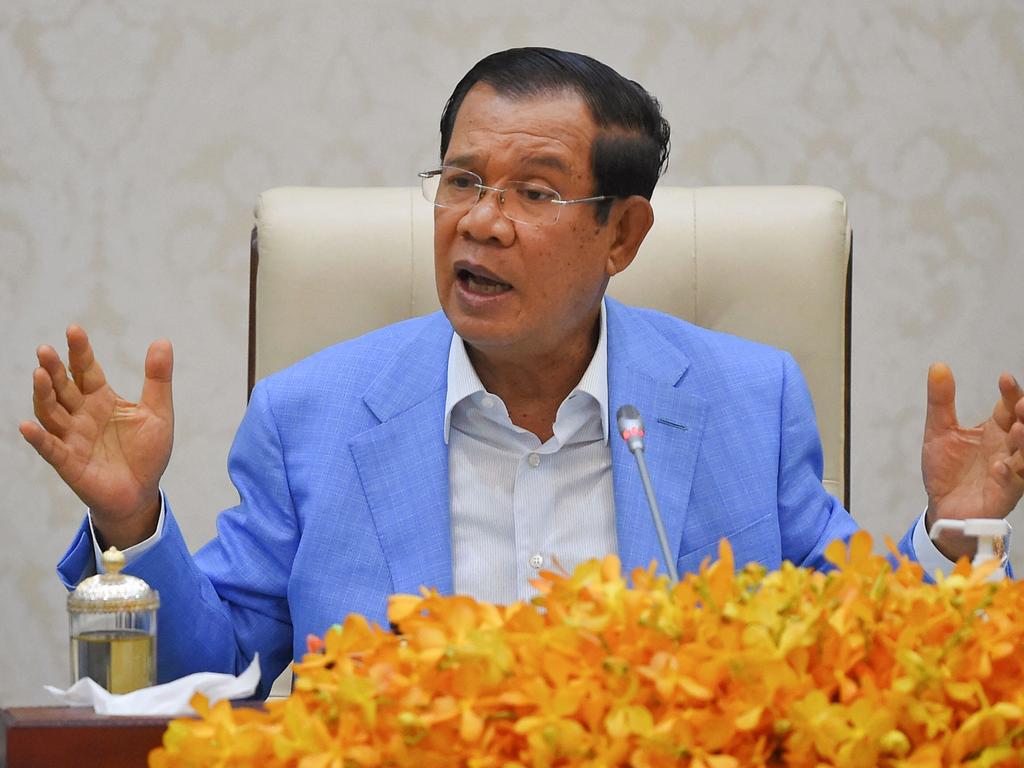Widow Bou Rachana stands up to Cambodia evil
Bou Rachana can still hear the threat against the life of her children hanging in the air – a threat made openly on Australian soil by visiting Cambodian Prime Minister Hun Sen.

Bou Rachana can still hear the threat against the life of her children hanging in the air – a threat made openly, on Australian soil, in a rambling, bile-spitting rant by visiting Cambodian Prime Minister Hun Sen.
The woman who has now become a symbol of resistance to the corrupt Hun Sen regime had, in March 2018, been in Australia for only two weeks, seeking sanctuary after the assassination of her husband, political activist Kem Ley.
The revered government critic was gunned down in broad daylight in a Phnom Penh cafe – a killing his widow laid squarely, and publicly, at the feet of Hun Sen himself.

The former Khmer Rouge commander, who was visiting Australia for a meeting of ASEAN, was giving a speech at the Shangri-La Hotel in Sydney when he was told that Rachana was among a group of protesters gathered in nearby Hyde Park.
“Kem Ley’s wife is here,” Hun Sen announced. “Now, madam, please think a little – in your role as a mother, do you want your children dead?”
The naked threat did not surprise Rachana; but the fact the dictator would utter it while a guest of the Australian government – without recrimination – was chilling.
“I wondered – I’m in Australia now; how is he still making such statements in Australia?” Rachana says. “Of course, I was upset.”
Rachana, now granted asylum, lives in Melbourne with her five sons. The youngest, six-year-old Virakboth, was not yet born when his father was killed. Rachana was then five months pregnant and thinks her son’s autism was caused by the ordeal she went through.
“He received trauma through me during that time, so yes, I strongly believe there is a connection,” she says.


In the days before his killing, Kem Ley had given interviews about a report by human rights organisation Global Witness that detailed the vast wealth – estimated at well over $200m – amassed by Hun Sen and his family.
Among those were Hun Sen’s playboy nephew, Hun To, a frequent visitor to Melbourne alleged in federal parliament to have been implicated in a heroin and money-laundering syndicate targeting Australia.
On the morning of his death, Kem Ley and Rachana had been out for breakfast. Kem Ley went on to meet some contacts at a petrol station cafe.
“It was only about five minutes after he left, one of my customers – because at the time I had a small business selling clothes – he drove past my house and told me there was a shooting and it was my husband who was shot.
“I didn’t know what to do so I walked to the place. I could see him lying in a pool of blood. I tried to push open the door, but they wouldn’t let me in. So I had to just stand outside, helplessly, looking through the window like everyone else.”
“I lost my senses – my mind was just focused on his body.”
The murder sent shockwaves through Cambodia. For perhaps the first time in its 31 years in power, Hun Sen’s regime trembled on its axis. Tens of thousands of ordinary Cambodians flooded the streets to pay their respects at Kem Ley’s funeral procession.
A former soldier was arrested and claimed he had killed Kem Ley – whom he had never met – over a $3000 debt.

Oeuth Ang, who gave his name as Chuop Samlap – which translates as “Meet Kill” – had boasted of highly placed friends in the military and told friends in his village he was going to Phnom Penh to “be a soldier”.
A brief trial found him guilty without any investigation of the circumstances behind the hit.
Like many people in Cambodia, Rachana doesn’t believe a word of the official story.
“I don’t believe that man was acting alone. The regime never tried to find the real person behind it,” she says.
“We know that justice will never be served because we know it’s a fake justice.”

Kem Ley’s assassination marked the beginning of a brutal crackdown by Hun Sen, who outlawed the main opposition party, imprisoned opponents on charges of treason and closed down the country’s few remaining independent media outlets.
Rachana fled with her children to Thailand and was eventually granted asylum by Australia.
That didn’t mean she felt safe. Hun Sen’s threats were followed by others.
In a 2018 interview with the ABC at his family mansion in Berwick, Hun To admitted Victoria Police had questioned him about death threats made against Rachana but denied he had any involvement.
Rachana is grateful for the sanctuary she and her children received in Australia but desperately wants the federal government to stop handing out visas to Hun Sen’s cronies and to halt the flow of their corruptly obtained wealth into Australia.
“Ordinary people like myself, we don’t have that much money to come to Australia, but the leaders bring the money here. It’s like buying people’s favour here in Australia.
“If they bring their money and buy support in Australia, then Australia looks like an anarchy.”

Her great sadness is that her husband and his youngest son never got to meet each other.
But she has no regrets.
“My husband reminded me very often of the risks involved with his work and he knew the sacrifice that he could face – either being locked up or being killed.
“He reminded me that life does not last forever. He was a man with great responsibility. And he spoke the truth.”






To join the conversation, please log in. Don't have an account? Register
Join the conversation, you are commenting as Logout